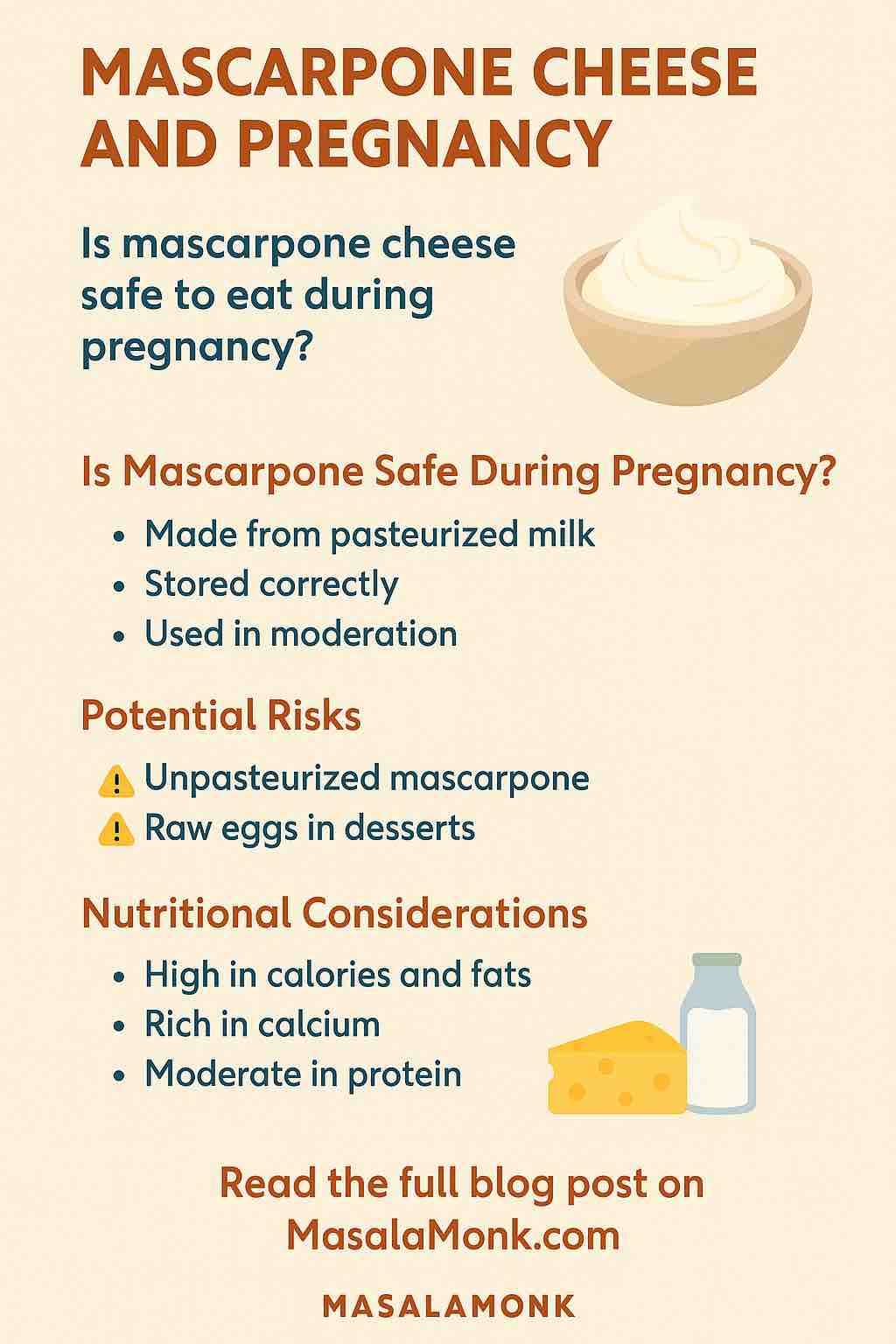
Pregnancy is an incredible time of life, full of excitement and anticipation — but also many questions, especially about what foods to eat and avoid. Mangoes, often called the “king of fruits,” are loved worldwide for their sweet, juicy flavor and nutritional richness. But when it comes to pregnancy, you might be wondering:
- Is mango good for pregnant women?
- Can I eat mango during pregnancy?
- What about raw mango and pregnancy?
- Are there trimester-specific considerations?
- Is it safe to eat mango at night during pregnancy?
In this comprehensive guide, we explore everything you need to know about consuming mango during pregnancy — the benefits, potential risks, latest scientific findings, cultural insights, and practical tips to enjoy this delicious fruit safely.
The Nutritional Power of Mangoes: Why They Matter in Pregnancy
Mangoes are more than just a tasty treat — they are nutrient-dense fruits packed with vital vitamins, minerals, and bioactive compounds that can positively impact maternal and fetal health.
Key Nutrients in Mangoes That Support Pregnancy
- Vitamin C: Mangoes are rich in Vitamin C, a powerful antioxidant that strengthens the immune system. Vitamin C also enhances iron absorption from plant-based foods, crucial for preventing anemia, which affects many pregnant women globally.
- Folate (Vitamin B9): One of the most important vitamins during pregnancy, folate helps prevent neural tube defects (serious birth defects of the brain and spine). Mangoes provide a meaningful amount of folate, supporting early fetal development.
- Fiber: Constipation is a common issue in pregnancy due to hormonal changes and pressure on the digestive tract. The fiber in mangoes promotes healthy digestion and bowel movements.
- Beta-carotene and Antioxidants: These compounds, converted into Vitamin A in the body, play a key role in vision development and immune function.
- Potassium and Magnesium: These minerals help regulate blood pressure and muscle function, reducing the risk of pregnancy-related hypertension and cramps.
Mango’s Role in Reducing Pregnancy Complications
According to a 2024 study published in Nutrients, women who regularly consume mangoes during pregnancy tend to have:
- Higher intakes of Vitamin C (+70%) and folate (+26%), which lower risks of anemia and neural tube defects.
- Increased fiber intake (+31%), aiding digestive health.
- Improved magnesium and potassium levels, supporting blood pressure regulation.
- Reduced consumption of added sugars and saturated fats, important for preventing gestational diabetes and excessive weight gain.
Raw Mango and Pregnancy: Pros and Cons
Raw mango, also called “green mango,” is prized in many cultures for its tangy, refreshing taste. It’s often used in pickles, salads, and chutneys.
Benefits of Raw Mango During Pregnancy
- High Vitamin C: Raw mango has even higher Vitamin C content than ripe mangoes, boosting immunity and aiding iron absorption.
- Digestive Aid: In traditional medicine, raw mango is believed to stimulate digestion and prevent dehydration.
Potential Downsides and Precautions
- Acidity: Raw mangoes are acidic and can cause heartburn, acid reflux, or gastric discomfort, especially for women prone to pregnancy-related indigestion.
- Digestive Sensitivity: Some women may experience bloating or loose stools if they consume too much raw mango.
- Hygiene: Since raw mango is often consumed raw in salads or chutneys, it must be thoroughly washed and prepared hygienically to avoid infections.
Cultural Perspectives
In many Indian and Southeast Asian cultures, raw mango is a seasonal favorite during pregnancy, believed to balance “heat” and aid digestion. However, moderation is emphasized, and individual tolerance varies widely.
Mango Consumption Across Pregnancy Trimesters: What to Know
First Trimester: Foundation for Fetal Development
The first trimester is critical for the baby’s neural tube and organ development. Folate intake is essential, and mangoes provide a natural source of this vitamin. Additionally, Vitamin C from mango supports the immune system during early pregnancy when women are vulnerable to infections.
Advice: Include small portions of ripe or raw mango if tolerated, focusing on natural ripening to avoid chemical residues.
Second Trimester: Boosting Immunity and Growth
During the second trimester, the fetus undergoes rapid growth. Nutrients like antioxidants and Vitamin C in mangoes support this phase. Mangoes can also provide hydration and energy, combating fatigue.
Advice: Fresh mango slices or smoothies can be refreshing and nutritious, but avoid excessive sugar intake.
Third Trimester: Moderation is Key
In the final trimester, blood sugar regulation becomes more important, especially to avoid gestational diabetes. Mangoes are naturally high in fructose (natural fruit sugar), so moderation is crucial.
Advice: Opt for smaller servings, consider mango shakes made with low-fat milk or yogurt, and avoid mangoes ripened with chemicals.
Mango at Night During Pregnancy: Safe or Not?
Many pregnant women wonder if eating mango at night during pregnancy is advisable. Here are the key considerations:
- Digestion: For some, eating mango late at night can cause indigestion, acidity, or disrupt sleep due to natural sugars.
- Blood Sugar: If you have gestational diabetes or insulin sensitivity, consuming sugary fruits like mango at night might cause blood sugar spikes.
Best Practice: Enjoy mango earlier in the day or as an afternoon snack. If you crave mango at night, eat a small portion and monitor your body’s response.
Mango Milkshakes and Smoothies: A Delicious Option During Pregnancy
Mango milkshakes and smoothies are popular, especially in hot climates. They combine the nutritional benefits of mango with hydration and protein from milk or yogurt.
How to Make Pregnancy-Friendly Mango Shakes:
- Use low-fat or plant-based milk to reduce saturated fat intake.
- Avoid adding extra sugars or ice cream to keep it healthy.
- Add ginger, cardamom, or turmeric for flavor and digestive benefits.
- Include a tablespoon of flaxseeds or chia seeds to boost omega-3 fatty acids.
Mango shakes can help keep energy levels stable and provide comfort during pregnancy nausea or fatigue.
Ripe Mango vs. Raw Mango During Pregnancy
Ripe Mango Benefits:
- Sweeter, easier to digest, less acidic.
- Rich in natural sugars providing quick energy.
- Contains more antioxidants compared to raw mango.
- Less likely to cause heartburn.
Raw Mango Benefits:
- Higher Vitamin C content.
- Tangy flavor and traditionally used to improve digestion.
- Can cause acidity and should be consumed cautiously.
Which to Choose?
- If you have a sensitive stomach or experience acid reflux, prefer ripe mango.
- If you tolerate acidity well, small portions of raw mango can be included safely.
- Always choose naturally ripened mangoes free from artificial chemicals.
Cultural Insights: Mango and Pregnancy Around the World
Mango’s role in pregnancy varies across cultures:
- In India, mango is considered a seasonal superfood for pregnant women, believed to provide “cooling” effects and balance body heat.
- In Southeast Asia, mango pickles and salads are traditional, but moderation is emphasized.
- In Western countries, mango is often included in prenatal diets for its vitamin and fiber content but is usually consumed ripe.
These cultural practices highlight the fruit’s universal popularity but also emphasize the need to respect individual tolerance and dietary preferences.
Safety Tips for Eating Mango During Pregnancy
- Avoid Artificial Ripening Chemicals: Calcium carbide and other chemicals used to ripen mangoes quickly can be harmful to both mother and fetus. Always buy from trusted sources.
- Wash Thoroughly: Mango skin can carry pesticides and bacteria. Wash well before peeling or cutting.
- Watch for Allergic Reactions: Some individuals develop itching, swelling, or rashes after eating mango. Discontinue if symptoms appear and consult a healthcare provider.
- Balance Your Diet: Mango is nutritious but should be part of a varied diet including vegetables, proteins, whole grains, and other fruits.
Mango Benefits After Pregnancy (Postpartum)
Mangoes don’t lose their benefits after childbirth. In fact, many new mothers find mango helpful postpartum because:
- It helps replenish lost vitamins and minerals.
- It supports digestion and hydration during breastfeeding.
- It provides energy to combat fatigue.
Conclusion: Should You Eat Mango During Pregnancy?
Mango is a nutrient-rich fruit that can be a valuable addition to a healthy pregnancy diet. The benefits—from boosting immunity and improving digestion to supporting fetal development—make it a favorable choice.
However, moderation is crucial to avoid excess sugar intake and digestive issues. Pay attention to your body’s signals, choose naturally ripened mangoes, and avoid artificial ripening agents.
As always, consult your healthcare provider for personalized advice based on your health status.
Enjoy your mango safely and savor the sweet moments of pregnancy!
Frequently Asked Questions (FAQs)
1. Is mango safe to eat during pregnancy?
Yes, mango is generally safe and beneficial during pregnancy when eaten in moderation. It provides essential nutrients like Vitamin C, folate, and fiber that support both mother and baby.
2. Can eating raw mango during pregnancy cause any problems?
Raw mango can cause acidity or heartburn in some pregnant women due to its high acidity. If you experience digestive discomfort, it’s best to limit or avoid raw mango.
3. How much mango can a pregnant woman eat daily?
A moderate portion of about 1 cup (around 150 grams) of mango per day is sufficient to gain benefits without consuming excess sugar. Portion control is important, especially in the third trimester.
4. Is it okay to eat mango at night during pregnancy?
Eating mango at night is generally safe but may cause indigestion or disturb sleep in sensitive women. If you want to eat mango at night, keep the portion small and monitor how your body reacts.
5. Are mango shakes good during pregnancy?
Yes, mango shakes made with low-fat milk or yogurt and no added sugars can be a nutritious and refreshing option for pregnant women, providing energy and hydration.
6. Can mango cause allergies in pregnancy?
Though rare, some people may be allergic to mango. Signs include itching, swelling, or rash. If you notice any allergic symptoms, stop eating mango and consult your doctor.
7. What are the benefits of eating mango during the first trimester?
During the first trimester, mango provides folate, which is crucial for fetal neural tube development, as well as Vitamin C to boost immunity.
8. Is ripe mango better than raw mango for pregnant women?
Ripe mango is generally easier to digest and less acidic than raw mango, making it a better choice for pregnant women with sensitive stomachs or acid reflux.
9. Can eating too much mango increase the risk of gestational diabetes?
Mango contains natural sugars, so excessive consumption can increase blood sugar levels. Pregnant women with gestational diabetes should consume mango in moderation and monitor their blood sugar closely.
10. How should mangoes be prepared safely during pregnancy?
Always wash mangoes thoroughly before peeling or cutting to remove dirt and pesticides. Avoid artificially ripened mangoes to reduce the risk of chemical exposure.













